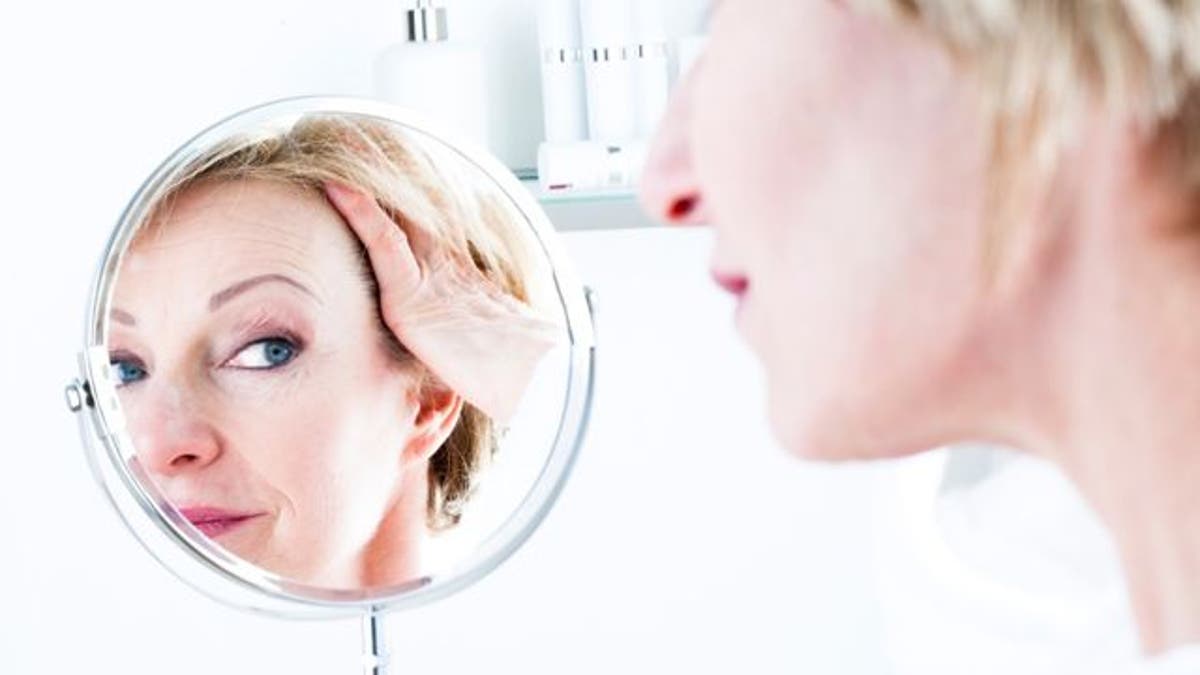
Though you may rely on anti-wrinkle creams packed with antioxidants and cosmeceuticals to keep your skin looking young, a new study suggests that you may be better off smoothing on sunscreen.
This is the first large study, published in the Annals of Internal Medicine, to demonstrate that sunscreen not only slows skin aging, but may also reverse it.
Researchers compared photoaging in 900 men and women from Australia over a four year period between 1992 and 1996.
Photoaging is associated with coarser and slack skin, increased wrinkling and dryness, an increase in visible small blood vessels and white and blackheads on the face.
The adults, who were all under age 55, were randomly assigned to two groups.
One group was told to apply an SPF 15+ sunscreen every day. They were instructed to apply it to their head, neck, arms and hands every morning, and to reapply after heavy sweating, swimming, or spending more than a few hours outdoors. A second group could use sunscreen at their discretion.
The adults were also randomized to take either a B-carotene supplement, which some believe protects against photoaging, or a placebo supplement. Their skin was assessed at the start and finish of the study.
By the end of the study, 77 percent of the participants told to use sunscreen every day were applying sunscreen at least 3 to 4 days per week, compared to 33 percent of discretionary users.
Compared with discretionary sunscreen users, those assigned to daily sunscreen use were 24 percent less likely to show increased aging. The skin-saving effect of sunscreen was observed in all daily-use participants, regardless of age.
At the beginning of the study, 58 percent of participants had moderate photoaging, but by the end of the study, that number dropped to 49 percent, suggesting a decrease in photoaging in some of the participants.
There was no difference in photoaging among those taking carotene supplement and those taking the placebo. However, the authors said that they could not rule out a small increase or decrease in skin aging as a result of carotene supplementation.
Though it was widely believed that sunscreen could delay aging, there has been little evidence of this until now.
Notably, an increase in photoaging is also significantly associated with an increased risk of actinic keratoses (thick patches of skin) and skin cancer. Regularly applying sunscreen can prevent cosmetic changes and may reduce the risk of skin cancer as well, the authors wrote.
To protect your face from aging, apply a daily moisturizer with an SPF 15 or greater.
